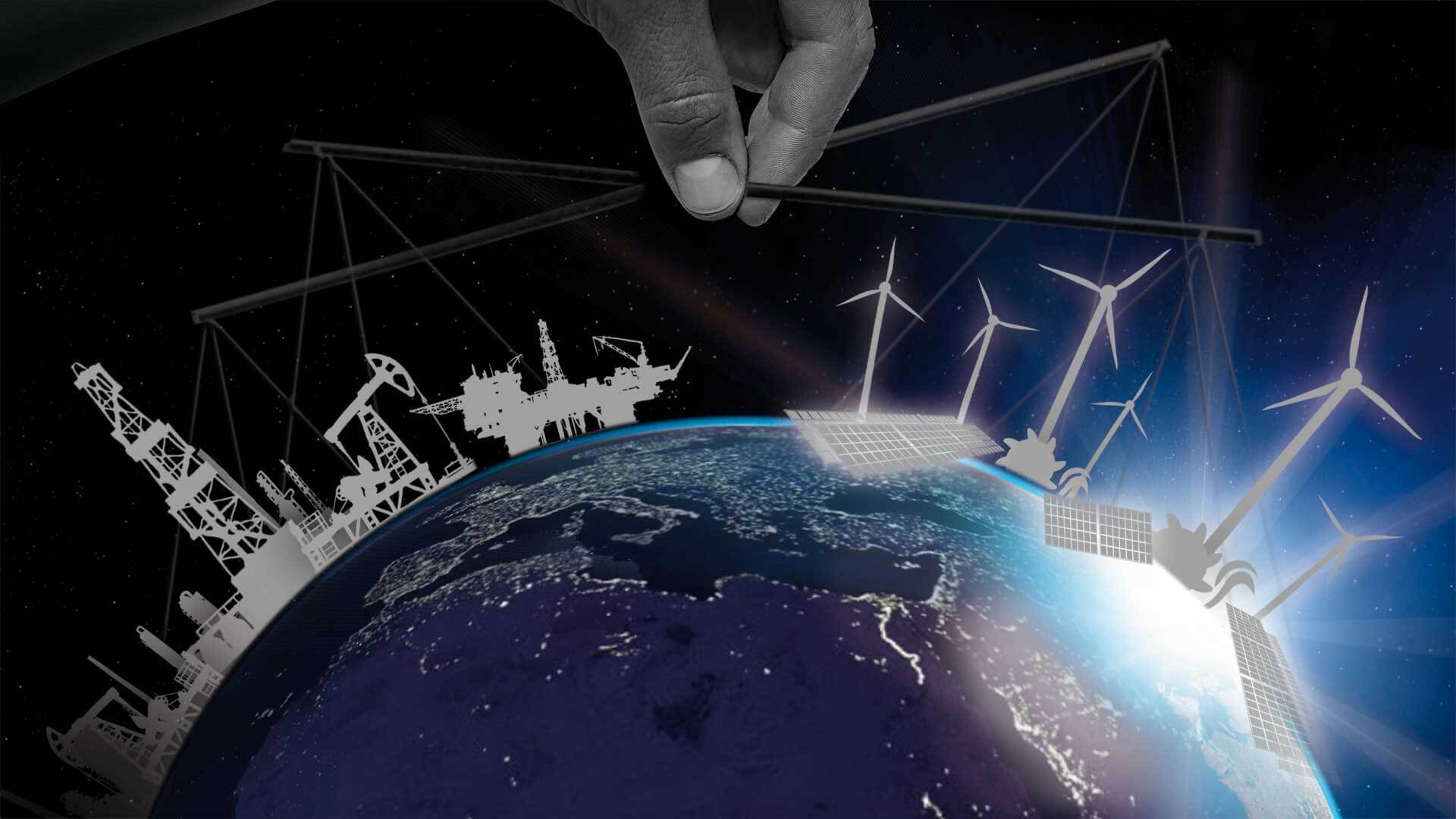The global energy landscape is undergoing a significant transformation. As the world grapples with the urgent need to mitigate climate change, the shift towards cleaner, renewable energy sources is accelerating. This shift has profound implications for the oil and gas industry, particularly in the realm of exploration.
The Current State of Oil and Gas Exploration
The oil and gas industry has always been cyclical, with periods of high investment followed by periods of low investment. In recent years, investment in oil and gas exploration has been below the high levels seen in the early years of the last decade. However, the energy crisis of 2022 has led to higher prices and policy changes that have encouraged investment in the oil and gas sector again.
The Geopolitical Implications of the Energy Transition
The energy transition is not just an environmental issue; it also has significant geopolitical implications. Countries that have traditionally been major oil and gas producers may find their influence waning as the world moves towards cleaner energy sources. On the other hand, countries that are leading the way in renewable energy technology could see their geopolitical influence increase.
In a world of increasing interdependence, energy security will depend much on how countries manage their relations with one another. That is why energy security will be one of the main challenges of foreign policy in the years ahead. Oil and gas have always been political commodities.Daniel Yergin

The Role of Oil and Gas Companies in the Energy Transition
Oil and gas companies have an important role to play in the energy transition. High commodity prices and growing concerns over energy security are accentuating that role, as oil and gas companies seek to fund strategies that can allow them to fulfill their societal mandate of securing supply in the short term and accelerating the energy transition in the long term.
The Challenges and Opportunities Ahead
While the energy transition presents significant challenges for the oil and gas industry, it also presents opportunities. Oil and gas companies are investing in technologies such as carbon capture utilization and storage (CCUS) and clean hydrogen, which could play a crucial role in decarbonizing hard-to-abate sectors.
However, the transition to cleaner energy sources will require significant investments in infrastructure and technology, and current supply chain issues could make securing the necessary materials slow and expensive.
Reflection
The future of oil and gas exploration is uncertain, but one thing is clear: the industry must adapt to the changing energy landscape. As the world moves towards cleaner energy sources, oil and gas companies will need to innovate and invest in new technologies to remain relevant. The geopolitical implications of this shift are profound, and the countries and companies that can successfully navigate this transition will be the ones that shape the future of global energy.


